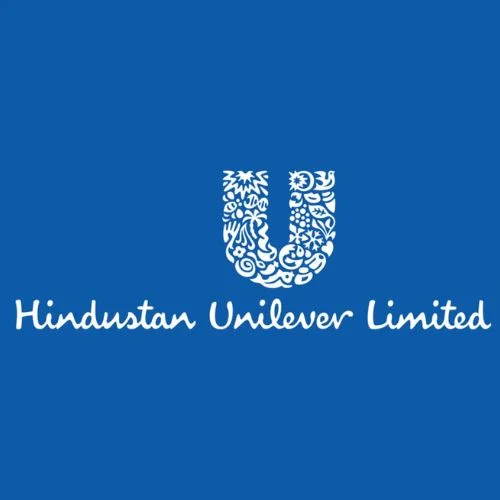Debt Looms Large
Indian billionaire Anil Agarwal faces a significant financial challenge as his company, Vedanta Resources Ltd., grapples with the impending maturity of $3 billion in dollar bonds over the next two years. The question on everyone’s mind: can Vedanta avoid the fate of the Titanic? The answer may hinge partly on investor appetite for dividends.
A Radical Split
Vedanta Ltd., a publicly traded Indian firm controlled by the privately held Vedanta Resources, has unveiled a bold plan to divide itself into six distinct companies. Shareholders of Vedanta Ltd. will receive one share in each of the new entities, covering aluminum, oil and gas, power, steel and ferrous, and base metals. They will also retain their original Vedanta Ltd. shares, which will maintain a 65% stake in Hindustan Zinc Ltd. and venture into new sectors like semiconductors and LCD displays.
Enticing with Dividends
To entice minority investors, the company highlights its track record of delivering consistent shareholder returns, with over $11 billion in dividends distributed over the past decade. However, this figure represents returns from just one listed firm. The restructuring promises cash flows from six separate entities, explaining why initial stock-market reactions were optimistic, leading to a nearly 4% rise in Vedanta Ltd. shares, despite the Vedanta Resources bonds sliding deeper into distress.
A Divergence of Expectations
Equity investors are banking on the new subsidiaries funneling as much cash as possible to the parent company, thereby benefiting shareholders. However, bondholders remain skeptical, believing that these efforts won’t suffice to cover their dues, especially given Vedanta Resources’ substantial funding gap expected in the fiscal year beginning April 2024. Both equity and bond investors could be justified in their expectations.
A Balancing Act
Alternatively, Anil Agarwal might explore selling one or two of the operating companies or seek debt maturity extensions. Slimming down the corporate structure may be a more viable approach to staying solvent than asking bondholders to wait. S&P Global Ratings downgraded Vedanta Resources’ assessment to CCC from B-, citing an increased likelihood of a liability management exercise that could be considered distressed under their criteria. CCC is four steps away from default, and further rating downgrades remain possible in the next three months.
A Precarious Situation
Agarwal finds himself in a precarious situation, especially considering the intensified debt troubles faced by the group earlier this year. While Gautam Adani, another prominent Indian businessman, withstood a short-selling attack and maintained financing channels amid market pressures, Agarwal’s ability to do the same is questionable. Adani positioned himself as the most valuable player in India Inc.’s national team, while Agarwal appears to be struggling to secure a spot on the roster.
Unfavorable Moves
Agarwal’s financial maneuvers have also drawn the ire of the Indian government. In January, Vedanta Ltd., 70% owned by Vedanta Resources at the time, attempted to offload some African zinc assets to Hindustan Zinc in a deal valued at approximately $3 billion over 18 months. The government, still holding a 30% stake in the privatized zinc miner, grew concerned about the potential impact on its finances, leading Agarwal to divest a portion of Vedanta Ltd. in the market.
Semiconductor Setback
Another setback stemmed from Agarwal’s semiconductor ambitions. India pledged to cover half the cost of chipmaking factories but withdrew support when it appeared Agarwal couldn’t deliver on a 28-nanometer fab. In July, Foxconn terminated a $19 billion joint venture, leaving Agarwal, who once envisioned a “self-reliant Silicon Valley” in Gujarat, in search of a new partner.
Political Clout and Investor Expectations
Despite reshuffling his financial strategies, Agarwal faces a crucial question: does he still wield enough political influence to secure a lifeline after this year’s challenges? This question is of paramount importance to investors, who also seek dividends as a part of the equation.
In conclusion, Anil Agarwal’s Vedanta faces a formidable debt challenge, and its fate remains uncertain. The success of the company’s restructuring plan and Agarwal’s ability to navigate through financial difficulties while appeasing investors will determine whether Vedanta can avoid the iceberg of debt looming on the horizon.















